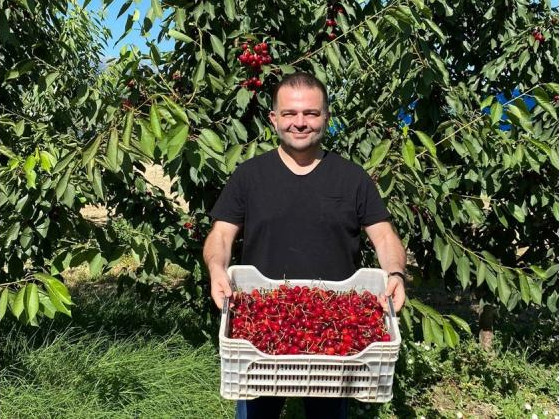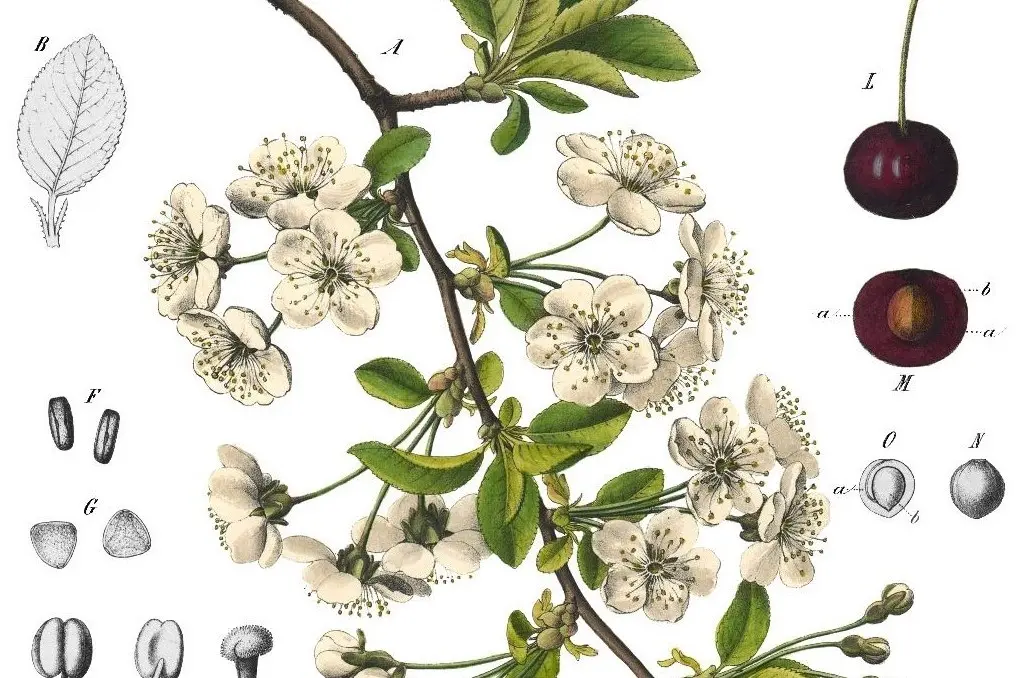Sweet cherry is a species highly appreciated by the market for the taste, texture, and high content of antioxidants and vitamins in its fruits. However, preserving cherries is not easy, as low temperatures can lead to a phenomenon known as “chilling injury,” which manifests as depressions and browning on the skin and flesh of the fruits, causing both qualitative and quantitative losses.
Recently, to counter this problem, the use of brassinolide (BR), a plant hormone that plays an important role in stress resistance, has been evaluated. In fact, brassinolide (BR) can prevent membrane lipid peroxidation, safeguarding the integrity of the cell membrane itself, thus reducing chilling injury.
In this way, BR is able to stimulate the fruits’ resistance and preserve their quality during postharvest storage.
Study on “Tieton” cherries
A recent study analyzed the effectiveness of applying brassinolide (BR) to “Tieton” cherries harvested from orchards in the Yantai area, in China. Two BR concentrations were tested: 2 μmol L–1 (CL1) and 10 μmol L–1 (CL2), compared with a control group (treated with distilled water).
The fruits were immersed in the solutions for 30 minutes and then stored at 2 ±1 °C for 28 days. The results showed that both BR applications, and in particular the 2 μmol L–1 concentration (CL1), were effective in reducing chilling injury and in maintaining the overall quality of the fruits.
After 28 days, the chilling injury index of the BR-treated fruits dropped to 14.22% for CL1 and 21.33% for CL2, compared to 39.56% for the untreated fruits. Similarly, weight loss was contained (1.00% for CL1 and 1.77% for CL2) compared to 4.07% for the control fruits.
Effects on fruit quality
The positive effect of BR also extended to several other quality parameters: the firmness of the fruits was better preserved, being about 18% higher in the CL1 treatment compared to the control, while the skin color remained brighter and more uniform thanks to reduced pigment degradation.
Furthermore, there was better retention of key nutritional and antioxidant parameters in the fruits, such as vitamin C and total phenolic content (which were higher in the low-dose BR treatment).
Biochemical action of BR
At biochemical level, the application of BR helped limit the excessive production of reactive oxygen species (ROS), such as hydrogen peroxide (H2O2) and superoxide anion (O2–), which are responsible for cellular damage during cold storage.
Additionally, BR inhibited the activity of key enzymes involved in the browning process of the fruits, such as polyphenol oxidase (PPO) and peroxidase (POD), confirming its protective effect on the visual and sensory quality of the fruits.
Conclusion
In conclusion, the application of brassinolide (BR), particularly at the concentration of 2 μmol L–1, represents a promising and low-cost solution for the postharvest storage of “Tieton” sweet cherries.
This treatment has the potential to reduce chilling injury, limit weight loss, and preserve the quality and nutritional content of fruits after harvest.
Source: Zhu, Y., Zhang, S., Niu, C., Chen, H., Zhu, F., Farouk, A., Jiancai, L., Chen, C., Ban, Z., & Huang, J. (2024). Brassinolide Alleviates Chilling Injury of Sweet Cherry (Prunus avium L. cv. Tieton) during Cold Storage. Horticulturae, 10(7), 675. https://doi.org/10.3390/horticulturae10070675
Andrea Giovannini
Università of Bologna (ITA)
Cherry Times - All rights reserved










